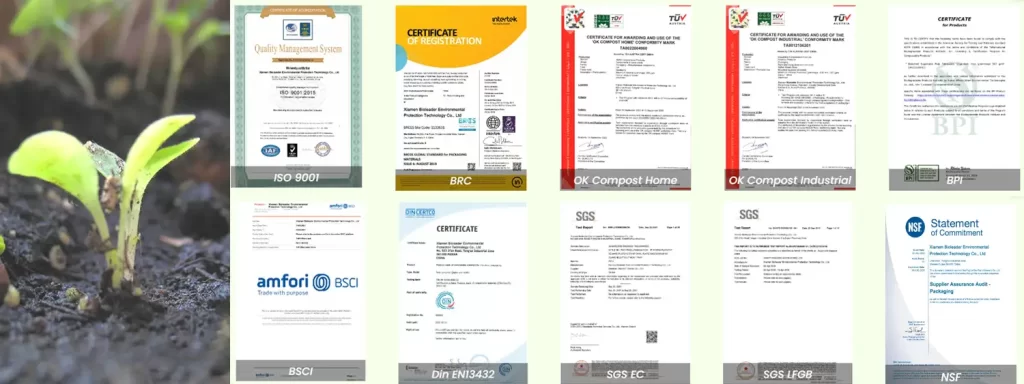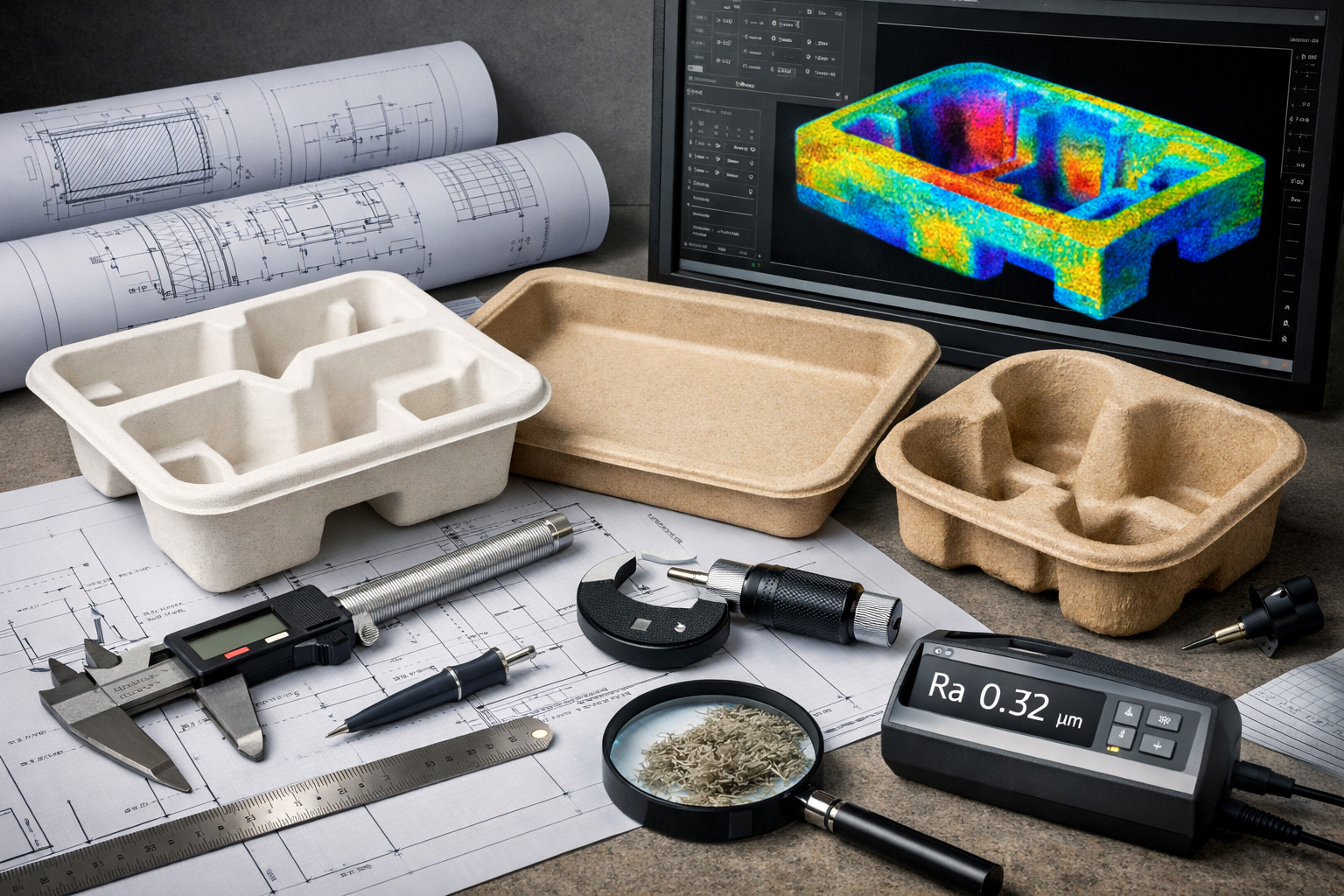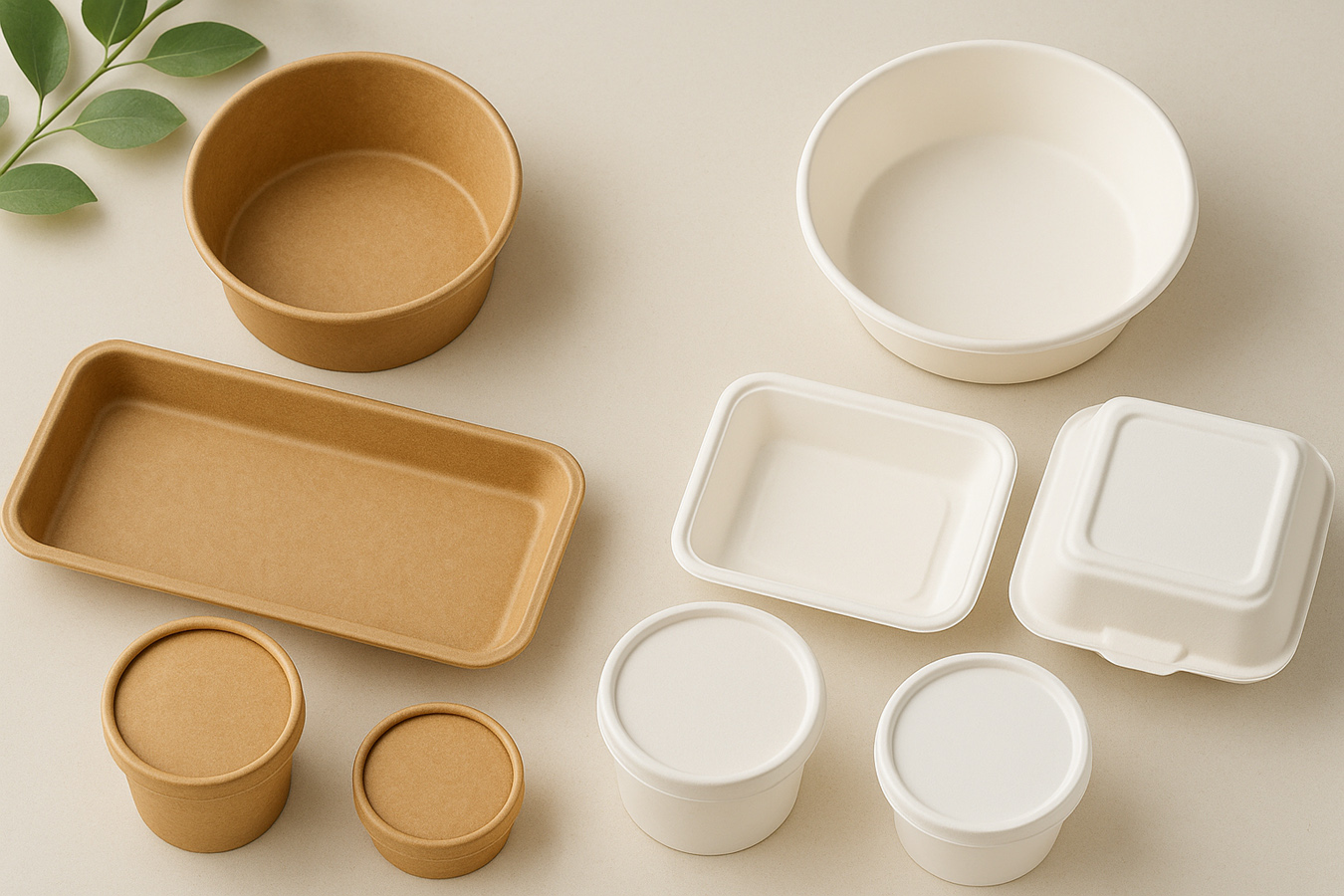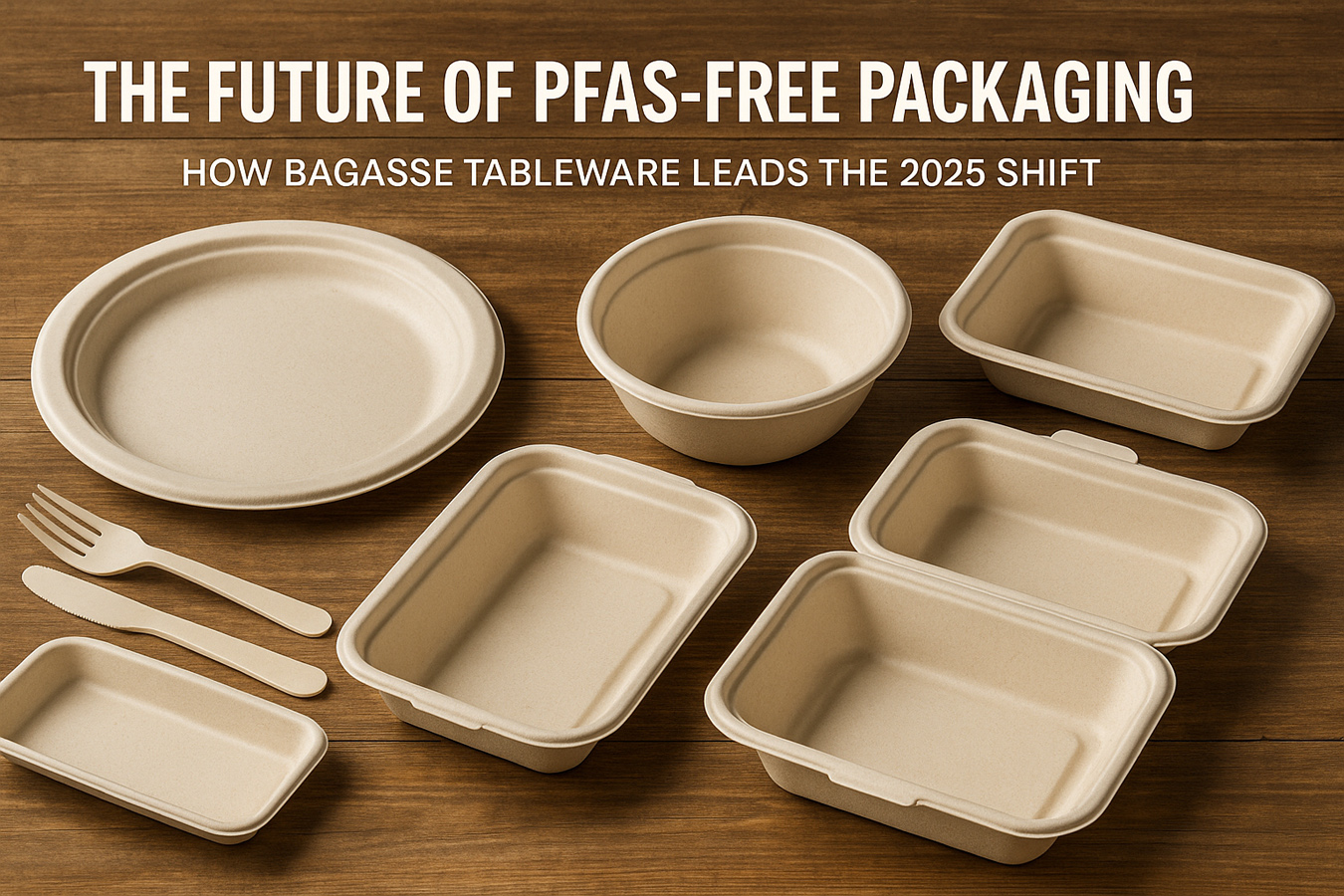
The time it takes for sugarcane bagasse tableware to fully degrade under composting conditions can vary significantly based on several factors, including:
- Compost Environment: The temperature, moisture levels, and aeration in the compost pile can greatly affect the rate of degradation.
- Microorganism Activity: The presence and activity of composting microorganisms are essential for breaking down the organic material.
- Material Composition: If the sugarcane bagasse tableware has been treated with any additives or coatings, this can influence the composting time.
- Particle Size: Smaller particles tend to degrade faster than larger ones due to a greater surface area for microorganisms to work on.
- Compost Turnover: Regular turning of the compost pile can help to evenly distribute conditions necessary for degradation.
Emphasize and increase the compost temperature to a range that is usually the optimum temperature for the operation of the microorganisms and this is about 55 degrees centigrade. Once exposed to proper composting conditions, sugarcane bagasse tableware is expected to undergo biodegradation within weeks to two months. Neutral warm stove places extend the survivorship of enzymes within more thermizing than atmospheric temperatures.
At the best circumstances, that is standard for most compost, which usually is active at about 55 to 70 degrees Celsius, with no hostile effect from external fills, such structures get degraded in weeks to a few months. Dip in sugarcane bagasse enzyme treatment for several hours fifteen quarterly quarters after immersion in the use of a proper compost. Yet sanitation providers ostentatiously ignore waste treatment systems.
It must be noted that some composting facilities might not be able to treat sugarcane bagasse tableware as promptly or competently as industrial composting processes. In this case, the manufacturer’s and the local composting Institution’s requirements must be followed to ensure proper decomposition.









One Response
This article explains beautifully how sugarcane bagasse tableware can fully degrade under composting conditions—it’s reassuring to know they truly break down without harming the environment.